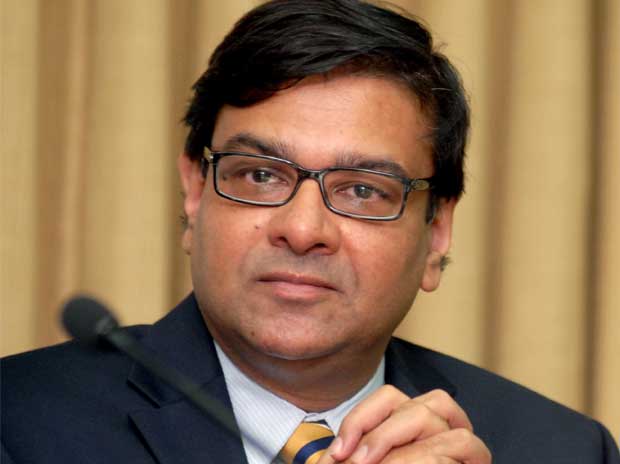New Delhi–Opting for talent within, the government on Saturday named economist and banker Urjit R. Patel the next Governor of the Reserve Bank of India (RBI) to succeed Raghuram R. Rajan — a development eagerly awaited for two months now.
Patel, 52, a Deputy Governor since January 2013 and on a three-year further term since January this year, will take over as the 24th chief of India’s central bank on September 4, according to an official communique.
As per the decision taken by the Appointments Committee of the Cabinet, chaired by Prime Minister Narendra Modi, Patel gets a three-year tenure, a press note said. Rajan, too, had a three-year stint.

“The appointment has been made based on the recommendations of the Financial Sector Regulatory Appointments Search Committee headed by Cabinet Secretary. The Committee undertook an extensive exercise to suggest a panel of names to the Appointments Committee of the Cabinet,” it said.
“For the first time, a systematic approach and an objective mechanism have been put in place. The committee met twice to discuss the possible names that can be considered for this assignment and had submitted a short panel of names to the Appointments Committee of the Cabinet.”
Official sources said several names were tossed up, including State Bank of India (SBI) chairperson Arundhati Bhattacharya, former bureaucrats Vijay Kelkar and Ashok Chawla, and economists Rakesh Mohan, Ashok Lahiri and Subir Gokarn.
Ever since Rajan, in an unprecedented letter to his colleagues in June, said he was opting out of a second term at the helm of India’s central bank, speculation has been rife over who his successor would be — particularly given the outspoken nature of the incumbent and the eyebrows he raised.
Rajan is going back to academics at the University of Chicago.
His successor — who is a Ph.D in economics from Yale and M.Phil from Oxford — was clinched on Thursday at a meeting between Prime Minister Modi and Finance Minister Arun Jaitley, the sources said.
He was particularly picked for his expertise in inflation-control, which has become the main task of the central bank, ever since the government, under statute, set it a target of 4 percent, plus or minus two percentage points, based on consumer price index.
Patel, whose experience includes a mix of stints with multilateral institutions, bureaucracy, central bank, global consultancies and even private companies, has previously served the International Monetary Fund (IMF) in the US, India, Bahamas and Myanmar.
He was also a consultant in India’s Finance Ministry, in the Department of Economic Affairs, and an advisor at The Boston Consulting Group. This apart, he has been a non-resident Senior Fellow of The Brookings Institution.
According to some senior officials at the Reserve Bank, Patel was particularly chosen by the IMF in 1996-97 to provide advice on the development of the debt and currency markets in India, as also on banking and social security net reforms.
Some of his stints with the private sector include: President, Business Development with Reliance Industries, Executive Director of Infrastructure Development Finance Company and Board Member of the Gujarat State Petroleum Corp.
Patel worked closely with several central and state government committees — especially those on direct taxes, market studies, anti-trust laws, Prime Minister’s Task Force on Infrastructure and sectors like telecom, aviation, power and pensions.




